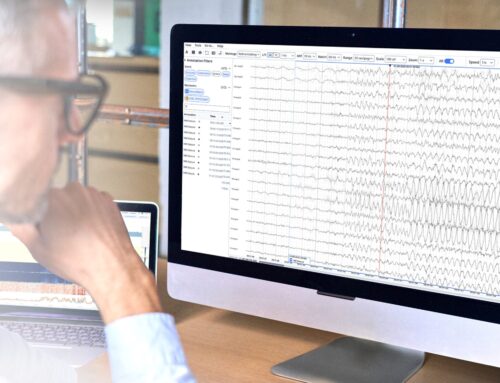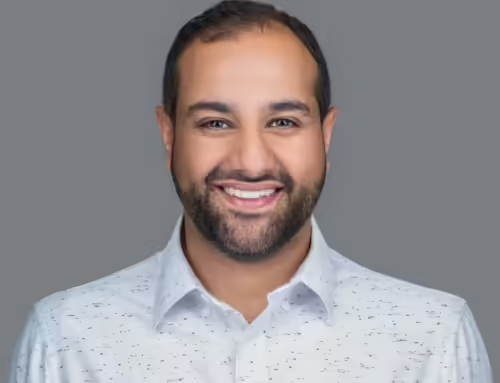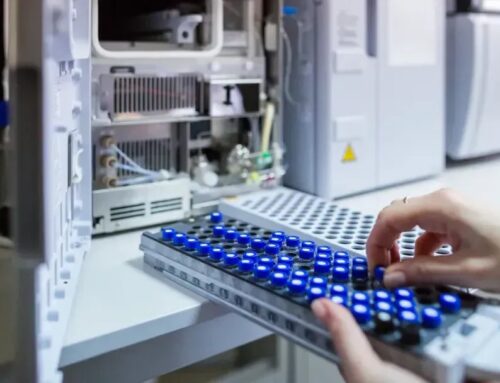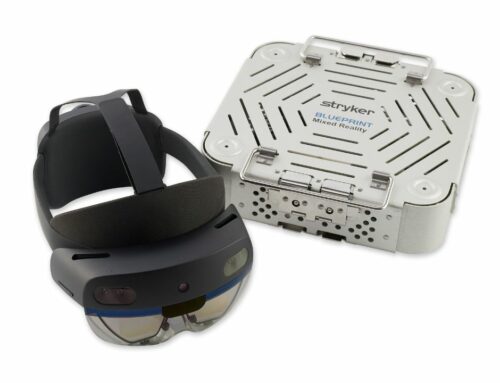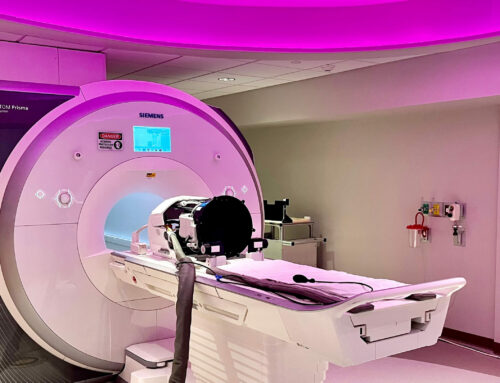By Yaron Silberman, CEO, ScoutCam
Four months after the coronavirus began to drastically change life in the U.S., there’s finally some good news after Pfizer was awarded $1.95 Billion to produce a vaccine by year’s end. In 2020, one thing is for certain, COVID19 has drastically changed the way we approach medical processes, and even the medical device development industry has undergone a massive transformation.
On one hand the need for innovation across healthcare and for new medical devices to join the market has been increasing; On the other existing device producers had to innovate in other to navigate the ongoing pandemic.
Since March, the healthcare industry has been continuously evolving. Improvements were made where needed. New devices joined the market, and now we are witnessing the development of a vaccine that, if successful, can eventually control the pandemic.
To navigate the impact of the virus many medical device providers and healthcare suppliers had to change their processes of operation to meet isolation guidelines, while still trying to create products needed by healthcare facilities. Additionally, travel restrictions negatively affected the interaction between engineers and quality teams from both sub-suppliers and device manufacturers, leaving companies to innovate to move forward.
Innovative Trends that Emerge
As the medical industry was forced to shift during the pandemic, interesting trends emerged. First, medical teams became society’s heroes, while public attention was focused on their challenging and serious work, especially with the entire healthcare system disrupted.
Second, tremendous financial and medical resources were transferred to meet demand for the devices needed to combat COVID-19, such as ventilators. Other, less relevant devices diminished in priority.
Finally, in-person communication methods were completely disrupted and video took on new emphasis, becoming synonymous with this era. Now, the trust in video technology as a major vehicle for communication is here to stay.
The use of video allows for remote diagnostics and a way to get information from inside the body and presents a new wave of minimally invasive therapeutic procedures. Hence, video technology, and the production and delivery of these products, plays a critical role in a time when only essential surgeries are taking place.
Beyond video, the medical innovation that will play a larger role in the medical world moving forward as we wait for a vaccine, is directly linked to video technology. In addition, the best practices established under strict limitation and constraints might have long-term, positive impacts on the healthcare industry.
ScoutCam develops and manufactures customized visualization solutions.


